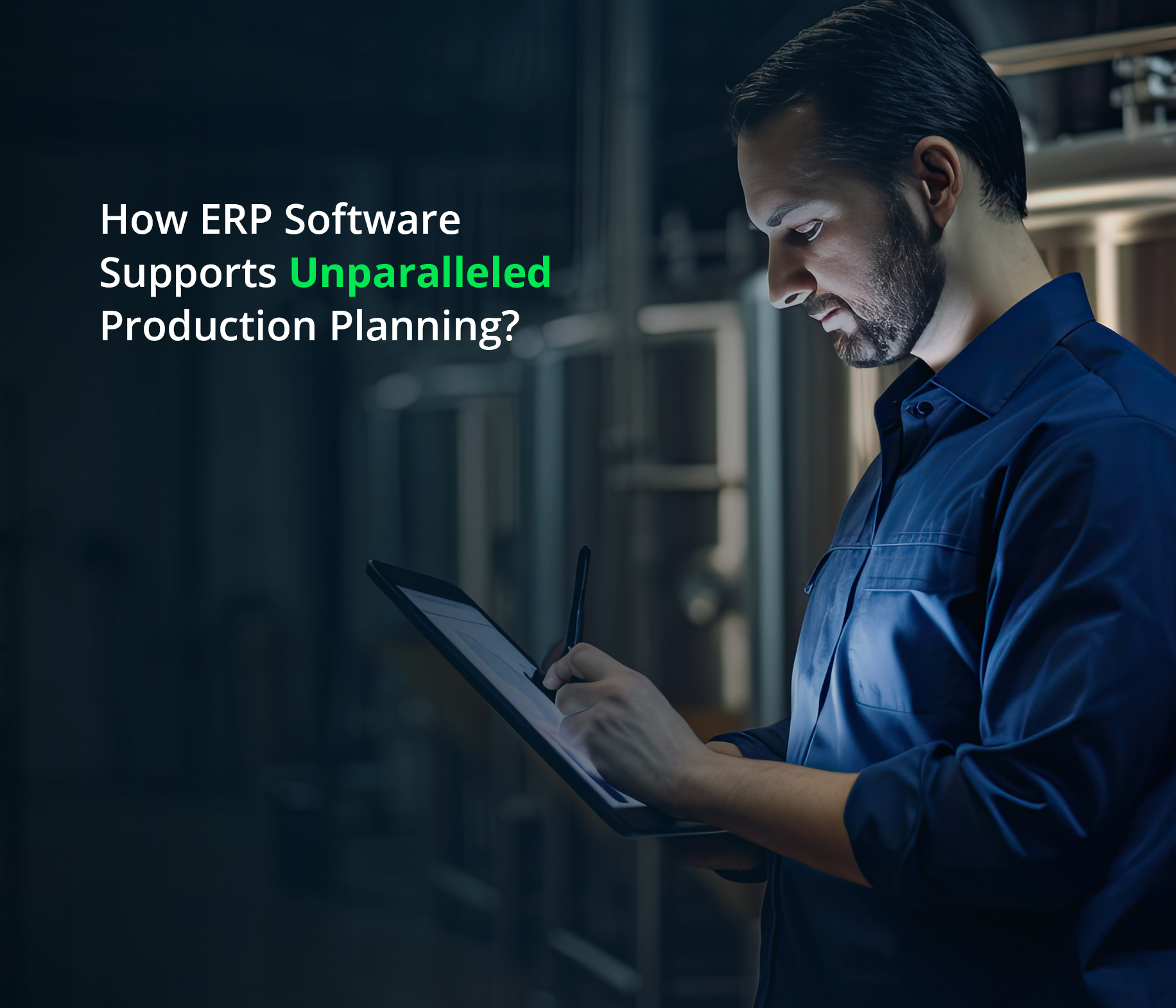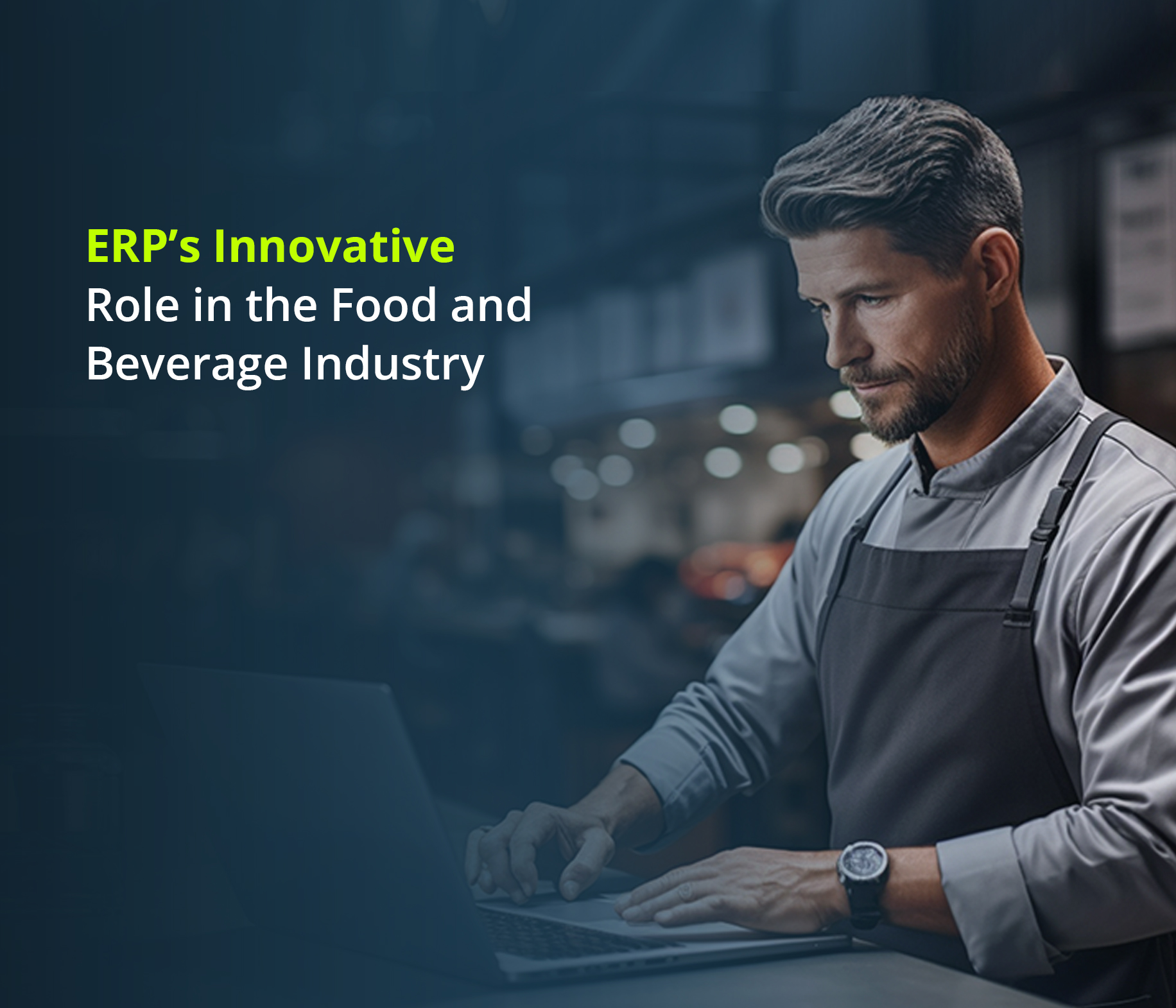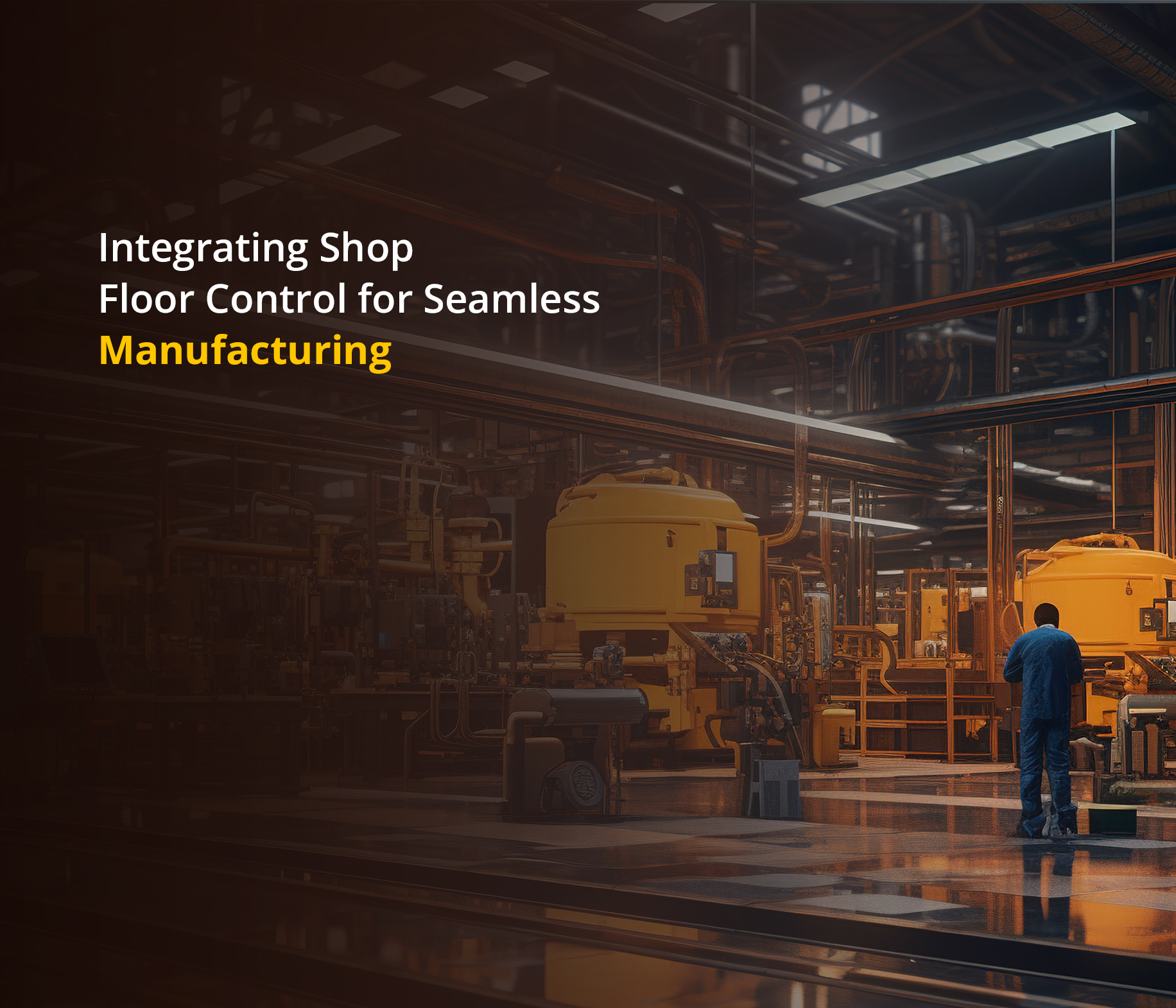Why is ERP Software so Important?
Every company aims for better process optimization and resource functionality. ERP solutions have made it possible. The system has gained the capabilities to expand its reach for supporting almost all business functions. From accounting and human resources to marketing and sales to procurement and other core processes, businesses rely on ERP software to cut overhead costs by eliminating redundant processes and automating day-to-day repetitive tasks.
No wonder, companies that haven’t invested in ERP solutions yet need to get one soon to gain access to the digital ecosystem for minimized downtime. Here are three reasons why ERP software makes coping with the impact of changing consumer preferences easier.
Convenience and accessibility of data
Not just at the time of pandemic, food and beverage businesses always need to acquire relevant consumer and operational data for accurate decision-making, necessary for producing or stocking right amount of consumables.
For an instance, considering the current situation, consumers may choose to spend on the bare essentials rather than on luxury goods so their demand for certain products would be on the rise. This information is helpful for companies to pull back food production or procuring of items for saving costs and focus on what is selling more. Likewise, companies may even use this data to reach customers to fulfil and improve their service delivery.
ERP software combines data and technology to offer businesses the power of flexibility and quick transitions required to combat demand and supply shocks.
Adapt quickly to manage rising costs
Food and beverage businesses are facing supply chain disruptions and a variety of other pandemic-related challenges. Customer demands that were met in few days are now taking several months.
Companies need ERP software to overcome these issues and minimize the impact of the ongoing turbulence. These systems help organizations quickly adapt to business demands to implement digital strategies for optimizing business processes and keep the rising operational costs under control.
Keep up with changing customer preferences
Consumers’ preferences have changed as an aftermath of the pandemic and this is likely to continue evolving. Customers these days are more inclined towards purchasing edibles that have better health benefits and immunity-boosting properties.
The new likings played an important role for food and beverage manufacturers and suppliers as these help them understand the shifting consumer demands and accordingly produce and market goods that are more convincing to the customers.
ERP software allows businesses have all the information handy, helping them pivot quickly and adjust to market demands.

Major Technology ERP Trends We Get to See in 2021
The food and beverage companies deal with fruits and vegetables and other edibles that are perishable in nature. These either need to be sold quickly or preserve with high care to retain the quality that buyers expect. The covid-19 crisis has placed acute stresses on food supply chains with bottlenecks in procuring, processing, and shipping goods along with monumental shifts in consumer demands.
Integrated ERP solutions help companies easily manage this complex logistic process. Here are the five major food and beverage ERP trends of 2021 that are shaping businesses to overcome the draw backs and influencing their shift toward digitization.
Moving on cloud
Cloud continues to dominate the ERP trends.
While some food and beverage organizations still entrusted on-premise ERP systems, the pandemic leading to lockdown and social distancing has illuminated the fact that software solutions that can be easily accessed from anywhere is more necessary than ever before.
Cloud-based technology brings in the benefits of connectivity and agility. The shift from on-premises ERP software to cloud-based applications enabled employees to work from anywhere, on any device with internet connectivity.
Integration with other systems
Though industry-ready ERP software includes almost all the features needed for managing the core processes, it is an additional investment for businesses that are already using different systems to manage some of their operations.
ERP applications that support integration with the existing business applications, help businesses reduce deployment cost and time. For example, a food manufacturer or retailer might be using a warehouse management system to collect data from scanners and conveyors for keeping track of goods moving in and out of the warehouse. When it is integrated with ERP, the information improves order workflows, records payments, updates inventory levels, and automatically triggers order fulfilment.
AI-powered system
Artificial intelligence (AI) powered system is one of the emerging trends that are gaining huge popularity this year.
AI technology accurately scans a vast amount of data which is practically impossible if done manually. This information delivers innovative market insights to help businesses accurately predict customer demands and make decisions to minimize losses occurring when unsold foods are left on the shelf due to the expiry of their consumable dates or getting damaged owing to mishandling or logistic flaws.
AI also helps in process improvements. For an instance, a food and beverage manufacturer or retailer who adopts a just-in-time inventory strategy to deliver goods at the last moment and reduce warehouse costs, AI enables them identify and optimize the supply delivery schedules to increase productivity at lower expenses.
Furthermore, AI-based systems include voice-based assistance and conversational user interface, which interpret user voice or text inputs and accordingly respond using information stored within the ERP.
Predictive analytics
Predictive analytics is an extension of an AI-infused ERP system.
ERP applications gather operational and customer data while the predictive analytics tool quickly analyze this unstructured information to uncover future food trends.
For example, ERP software with predictive analysis capabilities is able to comb through the customer data about their food orders to predict their change in preferences and demand surges that are likely to occur. This information enables businesses to optimize their manufacturing schedules or warehouse stock or prepare for food delivery right before customers order.
Mobile-ready ERP
For food and beverage businesses, sales of goods are historically dependent upon different departments. As the pandemic has elicited lockdown and social distancing, not all employees are allowed to work from the office premises. This has triggered an uptick in using mobile devices for entering, accessing, and updating business information.
Mobile-ready ERP solutions are becoming the norm. These systems are evolving to provide employees with on-the-go access to critical business data. It enables them to manage both front-end and core processes from their mobile phones, irrespective of where they are. Mobile ERP also supports the collaboration of workforces in dispersed locations.
The Future ERP Trends in Food Industry
In the near term, food and beverage organizations are likely to continue ensuring that their ERP software is functional for remote work. Another trend to watch is the further advancement of ERP software’s supply chain management capabilities to better safeguard businesses against disruptions or rapid changes.
At Focus Softnet, we design future-ready ERP solutions that support businesses to sustain in the present crisis as well keep them prepared to face future challenges. Fill in the form to get your software-related queries answered directly by our product experts.








